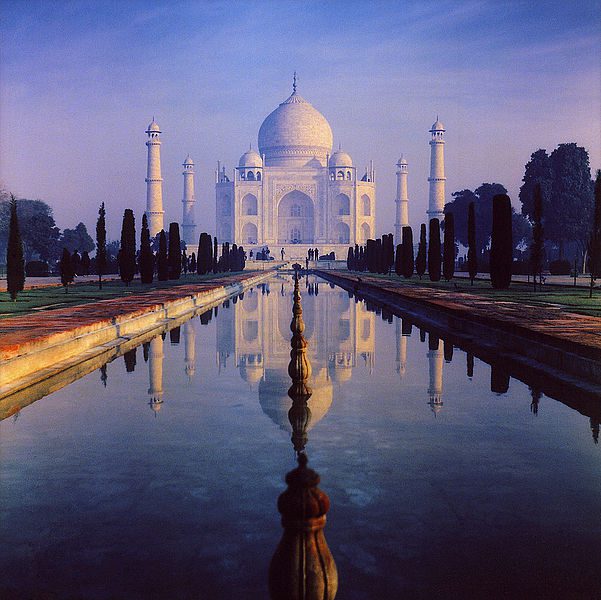
(Wikimedia Commons public domain photo by Amal Mongia)
From time to time, I read claims that Islam and Muslims have contributed absolutely nothing to world civilization except terror and oppression. Sometimes such assertions are even sent to me directly.
Several years ago, to my considerable astonishment, one poster explained online that the golden or classical age of the Arabs (which extended, arguably, from around 800 AD until the Mongol conquest of Baghdad in 1258 AD, and which was overwhelmingly propelled by Muslim thinkers, scientists, poets, and scholars) came to an end when Muhammad (570-632 AD) introduced his new religion of Islam. This is rather like asserting that the greatest era in the history of the United States of America ended with the Glorious Revolution of 1688.
Another online commenter once declared that, until roughly the nineteenth century, Egypt was 90% Christian. Things apparently changed only when the Muslim minority compelled the very large, indeed overwhelming, Christian majority to convert. Actually, though, Egypt was mostly Muslim by the mid-tenth century. (We have reasonably good data on the matter.)
Anyhow, much could be written about the claim that Muslims and Islam have offered nothing but evil to the world.
For this particular post, however, I’ll content myself with the image above — of a building that actually dates to a period well beyond the classical period, or Golden Age, of Islam. It should be sufficient refutation by itself, no further comment required.
***
Another claim that I occasionally encounter — I first ran across it in a major, respectable, national magazine several decades ago but have only heard it orally, by word of mouth, since that time — is that, according to Islam, women will not experience an afterlife because they don’t have souls or spirits.
This is a remarkably bizarre assertion, and it is entirely unsupportable on the basis of the Qur’an. Indeed, the Qur’an directly contradicts it. For one thing, the Qur’an very commonly talks about the mu’minin and mu’minat (roughly, the “believers” and the “believeresses” or maybe, without meaning anything offensive, the “believerettes”) who will, among many other things, inherit Paradise.
And there are plenty of verses such as this one, which occurred among the passages that we discussed just on Thursday in my class on the Qur’an in English translation and which I cite in the Oxford World’s Classics translation by M. A. S. Abdel Haleem. These are words that, the Qur’an says, will be spoken to the righteous after Judgment:
“Enter Paradise, you and your spouses [azwajukum]: you will be filled with joy.” (43:70)












